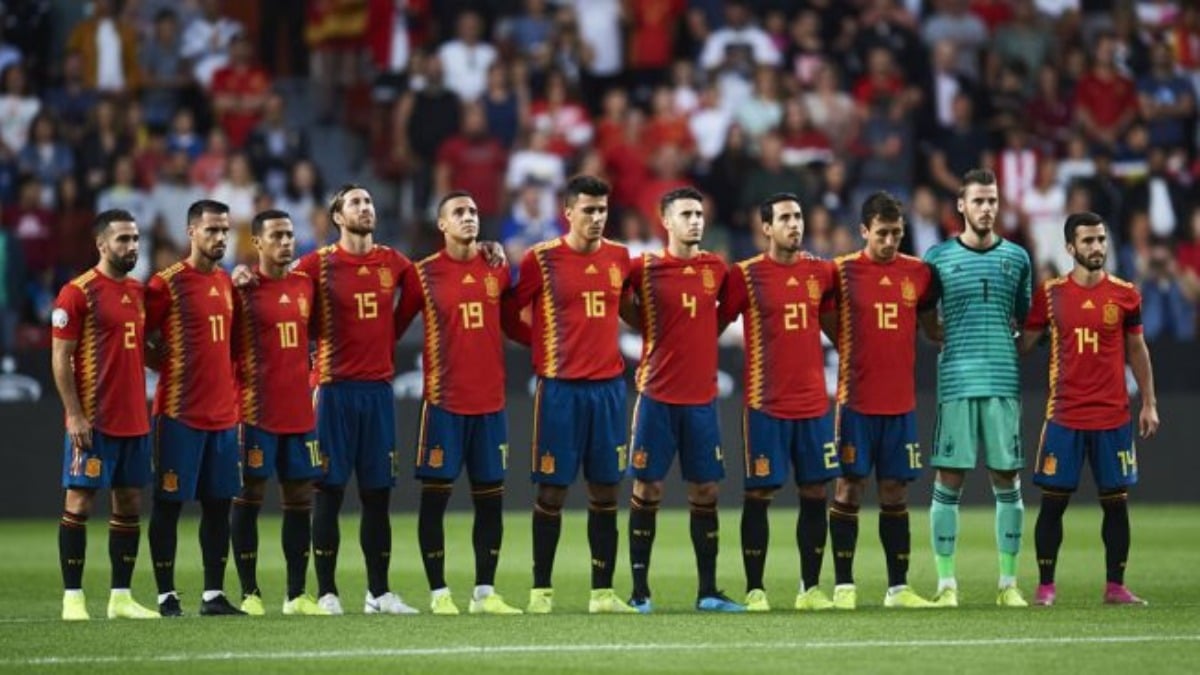Trains packed with passengers returning to work after a week-long national holiday. Frustrated young people who drink in the street because the bars are closed. Protests against a possible visit by the president of the International Olympic Committee (IOC).
As the coronavirus spreads through Japan before the start of the Tokyo Olympics in just 11 weeks, one of the nations that has administered the fewest vaccines in the world is showing signs of tension, both social and political.
The government, desperate to show a concerned population that it controls efforts to combat the coronavirus even as it pushes to hold a massive sporting event that is being opposed by more and more Japanese people, announced on Friday that it will extend and expand the state of emergency decreed for Tokyo and other areas until May 31.
For Prime Minister Yoshihide Suga, the emergency declaration is as much a health measure as walking a political tightrope as internal criticism of Japan’s apparent determination to host the Olympic event at any cost increases.
Japan has avoided imposing a strict lockdown to curb infections, and past emergency declarations have had little impact as both the public and businesses can ignore the measures without consequences. These measures have been toughened since then, but they are taken at a time when citizens are showing greater impatience and less willingness to cooperate, which could make the measure less effective.
The state of emergency in force in Tokyo and Osaka, as well as in the western prefectures of Kyoto and Hyogo, was scheduled to end on Tuesday. Suga noted that his government decided to extend it and expand it to Aichi, in the center of the country, and Fukuoka, in the south.
On Friday, two days after the end of the “Golden Week” holiday, Tokyo confirmed 907 new cases of coronavirus, a figure higher than the 635 registered when the state of emergency began in the capital a month ago, but well above the 100 target recommended by some experts.
Authorities and experts say fewer screening tests may be carried out during the holidays due to the closure of many centers and hospitals, warning that the figures during and just after the holidays may not reflect reality.
The extension of the restrictions increases the uncertainty about the visit that the IOC president, Thomas Bach, could make on May 17 and about whether Japan can safely host games that were scheduled for last year and that will now be held between July 23 and August 8.
Since the start of the pandemic, Japan has reported about 616,000 cases, including about 10,500 deaths.
___
Associated Press reporter Foster Klug contributed to this report.
–


